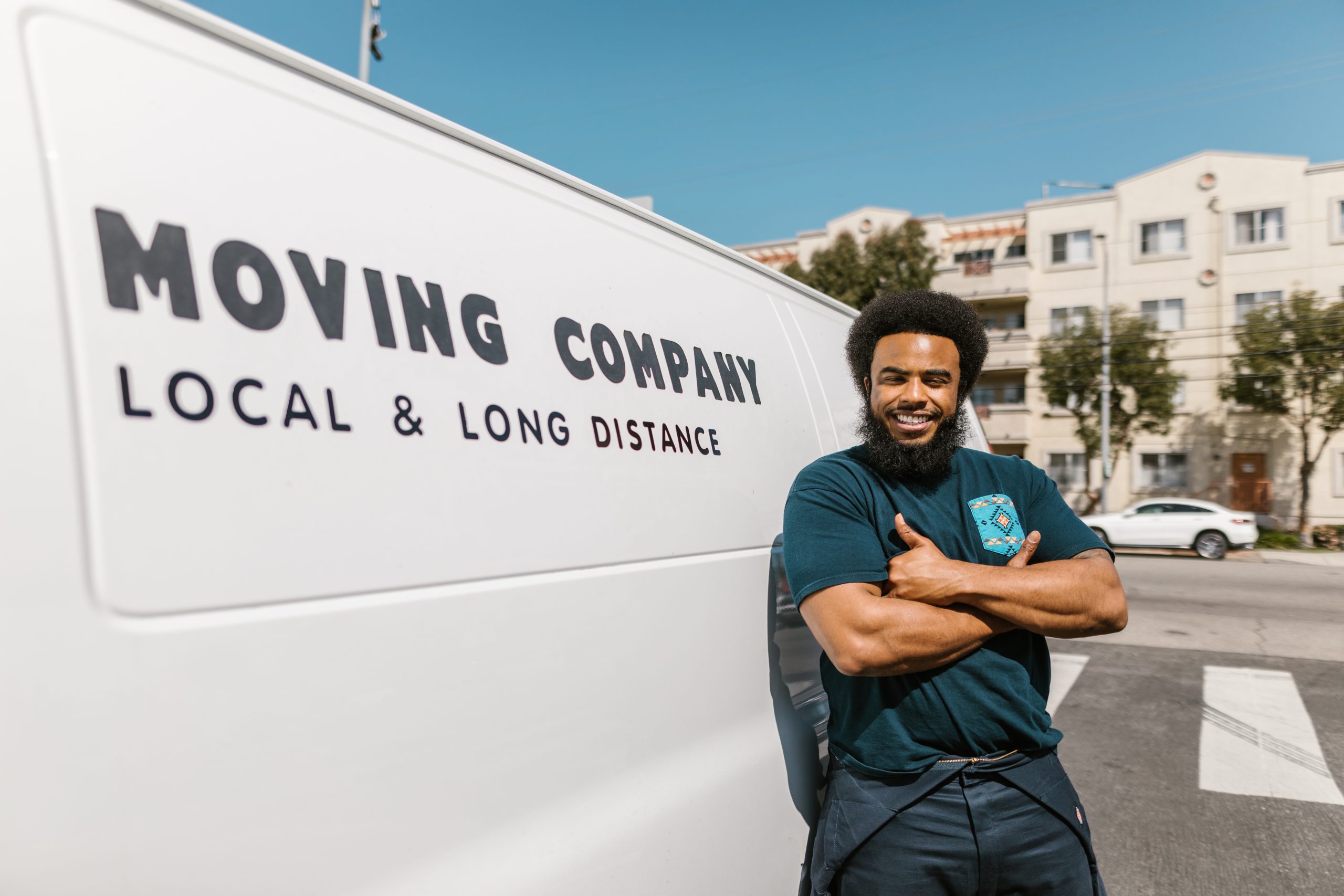Moving Companies: What You Need To Know
Do you know how many times in a lifetime an average person moves from one place to another? The US Census and the 2007 American Community Survey data indicate that based upon the current age structure and average rates and allowing for no more than one move per year, it is estimated that a person in the United States should expect to move 11.7 times in their lifetime. Have you moved around often in your life?
Moving companies (or van lines) are organizations that help individuals and businesses move their possessions from one place to another. In most situations, people use moving vans, but in the case of moving to another country or if storage is necessary, special containerized vans or shipping containers may be used. National companies usually employ local agents and branches.
An example of such a connection is a franchise, in which the local agent is an agent for a nationwide company, or a large-scale cooperation, in which the local agent owns a portion of the nationwide company. Almost every local area has a number of small-scale independent relocation companies. In the United States, all legitimate interstate relocation companies are required to hold a license from the Federal Motor Carrier Safety Administration. Nearly half of the states regulate local or intrastate moving companies.
Within the moving industry are companies that rent vans and trailers and companies that provide relocation supplies to people who wish to move themselves. Additionally, they might hire a mover to load your moving van, drive it to the new house, and then unload it for you. The rental companies typically provide some training information for moving companies who will be using their rental vans, trailers or equipment to move themselves.
Most household move policies do not cover your possessions without the packing, transportation, and unpacking done by a professional moving company, since moving needs lots of careful wrapping and packing to avoid damage to furniture and possessions. In the moving industry, when a consumer packs and unpacks his or her own boxes, it is called PBO (packed by owner) and insurance is not provided for these possessions.
To keep relocation expenses down, some individuals get packing materials to pack their personal effects themselves. However, they are not properly trained in how to pack their items, so damage is more common with their shipments, which are often disputed after the shift has been completed. A PBO relocation may provoke a dispute between the professional mover and customer over who is to blame for damaged possessions inside a box. Did the customer pack it improperly or did the mover mishandle it?
The cost of long-distance moves is typically determined by the weight or size of the items being moved, as well as the distance over which relocation has to happen. The cost of a local shift depends on the number of hours it takes to move the goods. Some companies provide flat rates for relocation services, but these are frequently trumped by hourly charges.

